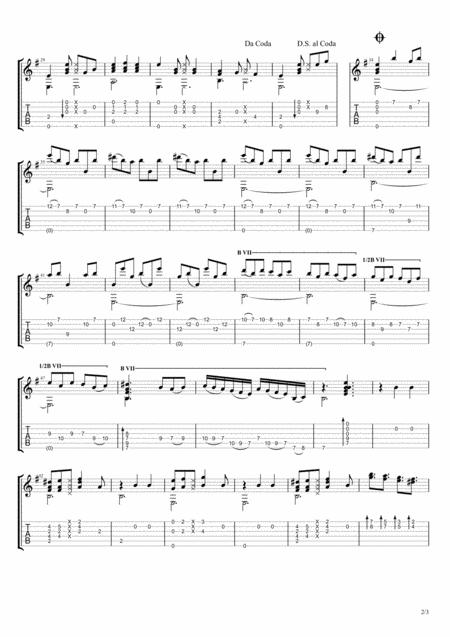
Today, we aimed for a more active setlist, and to achieve that interaction with the public. That was the idea - to deliver dance-worthy songs, which we don’t just do at our regular Tucanes shows. It’s an audience who loves to enjoy themselves, and who loves upbeat music. The truth is that it was very different, but also very emotive. What did you think about your audience today, and how were they different from your usual performances? We are very happy to bring our culture, our norteña, and to have the opportunity of being the first norteña band to play at this grand festival. I think we accomplished our goal of making people dance, and that’s unforgettable. We were very nervous but it was all worth it. But we also thank all the people that found a connection with our music. We thank the festival for giving us the opportunity to be here and to represent our genre. We are grateful to God and to our audience for allowing us to make history. What are your thoughts on being the first band to represent norteño music at Coachella?

“I hope that we continue to have these kinds of opportunities, and for doors to open to everyone.” “Today was a historic moment for us, for our genre,” Quintero told Rolling Stone. Rolling Stone caught up with bandleader Quintero backstage to discuss this crucial moment for norteño music, as well as Latin music. During Los Tucanes’ Friday set, the band regaled their fans with not just one performance of “La Chona,” but two. Dubbed the “La Chona Challenge,” the song inspired those bedecked in norteño gear to jump out of their slow-moving vehicles and dance to the upbeat polka-styled song on foot. How True Is 'Respect'? Fact-Checking the Aretha Franklin BiopicĪpart from being banned from their hometown, Los Tucanes are best known for helping lead the norteño music explosion of the Nineties and early aughts with danceable hits like 2002’s “El Tucanazo” and 1994’s “ La Chona” - which recently experienced a renaissance as a viral social media challenge. They are about facts in public knowledge, involving news and persons that are a part of everyday reality.” “In general narcocorridos, not only ours but those of all groups who interpret them, reflect a reality in which we have NO participation,” wrote the band in a statement. Some of those songs, known as narcocorridos, would chronicle druglord dramas, including the exploits of guys like El Chapo - which in 2009, got them outright banned from performing in Tijuana. Formed in the late Eighties, in the city of their namesake, the five-piece group were famed for their energetic banda and corridos that have resulted in many a quinceañera and alcohol-fueled reverie. It’s a stark change of scenery for the mustachioed legends, who usually play the nightclub circuit, among the working-class Latinx communities of the U.S.- Mexico borderlands.

Greeted by thousands of festival goers - a sea of colorful faces, of many ages, races, and persuasions - Los Tucanes opened Weekend One by stoking the biggest and most unlikely Mexican quebradita dance-off the California fest has seen in its 20 year history. He’s the frontman of the legendary banda ensemble Los Tucanes de Tijuana, who in 2019, became the first-ever norteño ensemble to perform at Coachella. This song is sung by LucasGitanoFamily.“How many Mexicans are here tonight? I mean, here on this unforgettable afternoon?” said Mario Quintero Lara, who stood front and center at Coachella’s main stage last Friday. Cancion del Mariachi (Desperado) song from the album Guitar Covers #4 is released on Apr 2021. Listen to LucasGitanoFamily Cancion del Mariachi (Desperado) MP3 song. About Cancion del Mariachi (Desperado) Song


 0 kommentar(er)
0 kommentar(er)
